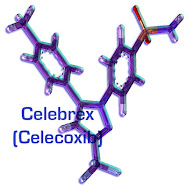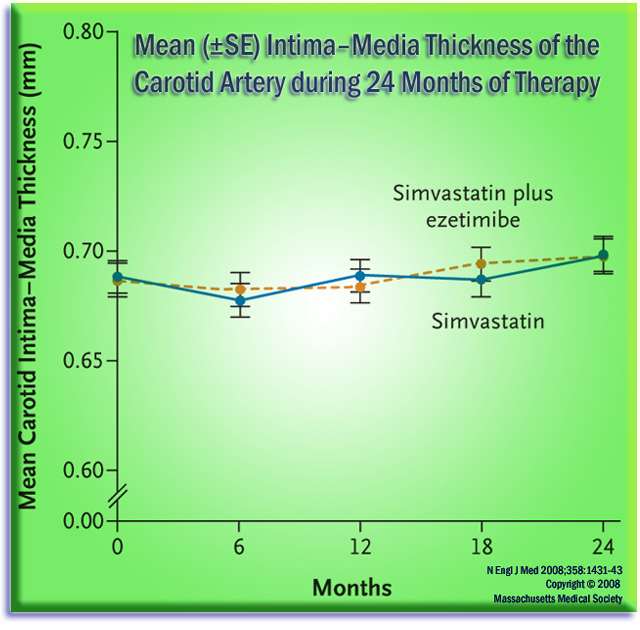First, let's start with Merck, since this is a Merck blog: Merck's latest strong first line NSCLC data is certainly good news for it. Having said that, Merck's study turned out well in more than a little part because of smart study design: it excluded about three quarters of NSCLC patients from being eligible for its study, choosing only those who were most likely to show a strong benefit, after a diagnostic test. And a strong benefit it saw. But to perhaps oversell the analogy a bit, Merck vastly narrowed its implied market in first line NSCLC -- by setting the entry bar for the study so, so high. It will corner the one quarter of front line NSCLC patients who express high levels (>50%) of a predictive ligand.
Meanwhile, the Opdivo study may have suffered from a less-than-optimal study design, making it very hard to tease out secondary lessons -- but it did stub its clincal trial jacket's toe. I still suspect, however, that when the dust settles, both companies' agents will be required to run diagnostic testing in first line NSCLC patients before an insurer or government payer will approve either, as a course of therapy.
And as bigger study results for Opdivo emerge -- I suspect the data will show the two are roughly comparable in this setting. But there are many other studies, in other cancers, where BMS looks to have the lead. Moreover, BMS continues to swing for the fences with its studies, while Merck is hitting solid singles and an occasional double.
In sum, I do not think this single (unrelated) coupling of studies fundamentally changed the game, in the wide azure ocean of immuno-oncology -- that some pundits are claiming. Except, of course, in one quarter of first-line NSCLC patients. And that may well dissipate in time -- with more data. But none of us have that data yet. So congrats go out to Kenilworth.
नमस्ते

















No comments:
Post a Comment